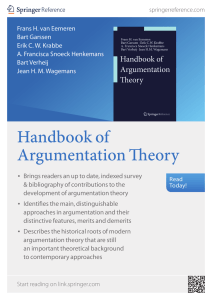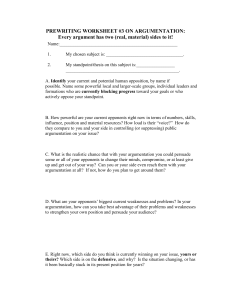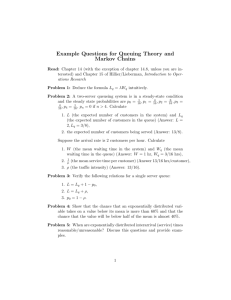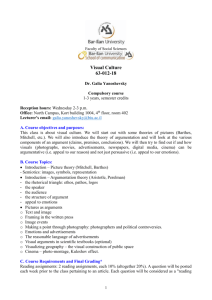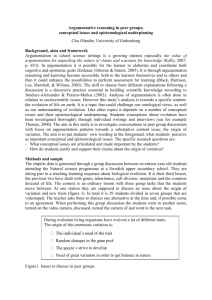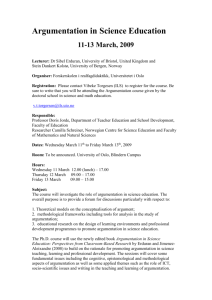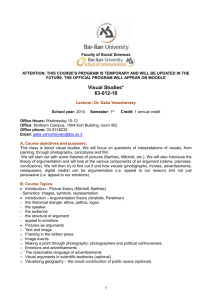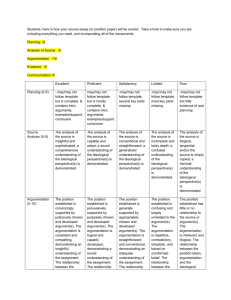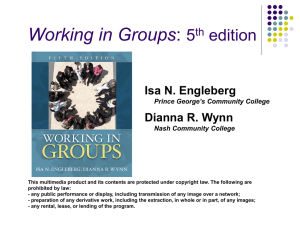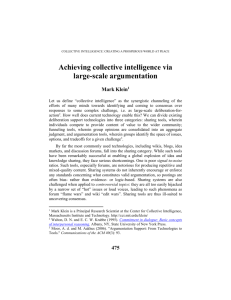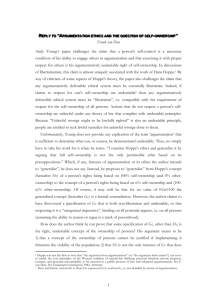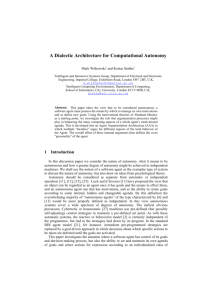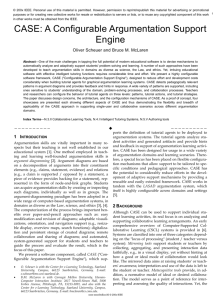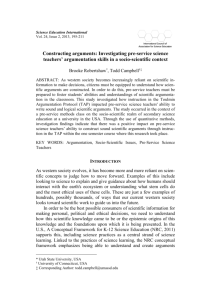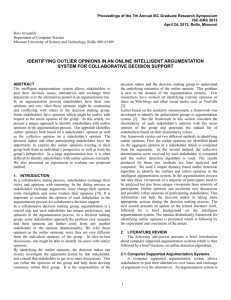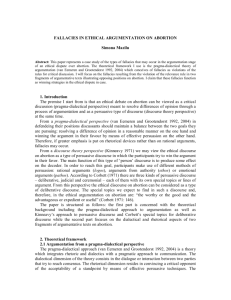NC_Discourse Ethics
advertisement
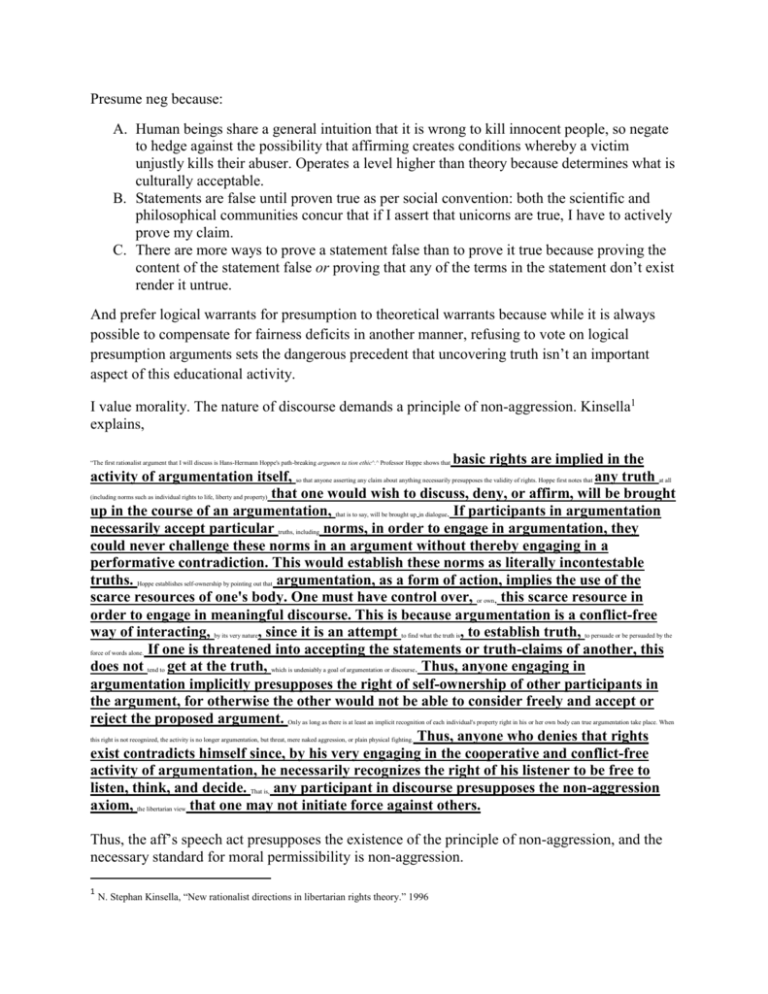
Presume neg because: A. Human beings share a general intuition that it is wrong to kill innocent people, so negate to hedge against the possibility that affirming creates conditions whereby a victim unjustly kills their abuser. Operates a level higher than theory because determines what is culturally acceptable. B. Statements are false until proven true as per social convention: both the scientific and philosophical communities concur that if I assert that unicorns are true, I have to actively prove my claim. C. There are more ways to prove a statement false than to prove it true because proving the content of the statement false or proving that any of the terms in the statement don’t exist render it untrue. And prefer logical warrants for presumption to theoretical warrants because while it is always possible to compensate for fairness deficits in another manner, refusing to vote on logical presumption arguments sets the dangerous precedent that uncovering truth isn’t an important aspect of this educational activity. I value morality. The nature of discourse demands a principle of non-aggression. Kinsella1 explains, basic rights are implied in the activity of argumentation itself, so that anyone asserting any claim about anything necessarily presupposes the validity of rights. Hoppe first notes that any truth at all (including norms such as individual rights to life, liberty and property) that one would wish to discuss, deny, or affirm, will be brought up in the course of an argumentation, that is to say, will be brought up in dialogue. If participants in argumentation necessarily accept particular truths, including norms, in order to engage in argumentation, they could never challenge these norms in an argument without thereby engaging in a performative contradiction. This would establish these norms as literally incontestable truths. Hoppe establishes self-ownership by pointing out that argumentation, as a form of action, implies the use of the scarce resources of one's body. One must have control over, or own, this scarce resource in order to engage in meaningful discourse. This is because argumentation is a conflict-free way of interacting, by its very nature, since it is an attempt to find what the truth is, to establish truth, to persuade or be persuaded by the force of words alone. If one is threatened into accepting the statements or truth-claims of another, this does not tend to get at the truth, which is undeniably a goal of argumentation or discourse. Thus, anyone engaging in argumentation implicitly presupposes the right of self-ownership of other participants in the argument, for otherwise the other would not be able to consider freely and accept or reject the proposed argument. Only as long as there is at least an implicit recognition of each individual's property right in his or her own body can true argumentation take place. When this right is not recognized, the activity is no longer argumentation, but threat, mere naked aggression, or plain physical fighting. Thus, anyone who denies that rights exist contradicts himself since, by his very engaging in the cooperative and conflict-free activity of argumentation, he necessarily recognizes the right of his listener to be free to listen, think, and decide. That is, any participant in discourse presupposes the non-aggression axiom, the libertarian view that one may not initiate force against others. “The first rationalist argument that I will discuss is Hans-Hermann Hoppe's path-breaking argumen ta tion ethic^.^ Professor Hoppe shows that Thus, the aff’s speech act presupposes the existence of the principle of non-aggression, and the necessary standard for moral permissibility is non-aggression. 1 N. Stephan Kinsella, “New rationalist directions in libertarian rights theory.” 1996 I contend that the resolution violates the standard. The resolution entails an act of aggression on the part of the victim, so it violates the abuser’s right to self-ownership. Moreover, the resolution constitutes the worst violation of rights because it entails the irreversible death of the abuser. While it is always possible to correct or compensate for other rights violations, it is impossible to correct death. Moreover, death outweighs because it destroys the possibility of continued deliberation that is critical to re-evaluating and questioning our moral beliefs. Thus a deadly response is impermissible and you negate. Extend Kinsella. In order to engage in argumentation one must have control of one’s body, and because argumentation is a conflict-free way of interacting, and an attempt to find what the truth is, if one is threatened into accepting the statements of another, this does not get at the truth. Thus, anyone engaging in argumentation presupposes the right of self-ownership of other participants in the argument, for otherwise the other would not be able to consider freely and accept or reject the proposed argument, and the necessary standard is non-aggression. By engaging in argumentative support of the resolution the aff concedes persons inviolability. Possible turns to the NC. Don’t tell them any of these. 1. They at least conceptually have turn ground because they could prove compliance with the principle of non-aggression, and since I have to win framework and offense to win the argument burdens are still reciprocal even if they can’t turn the NC; a 2-2 skew is fair. 2. They could prove that the nature of discourse demands a norm of retribution or violence against terrorists or something of that nature. Jacob Pritt made this argument against me at Berkeley. 3. They could explain how the activity of domestic violence isn’t equivalent to non-violent discourse, so thus the rules of discourse ethics don’t apply and there is no constraint on victim action.
